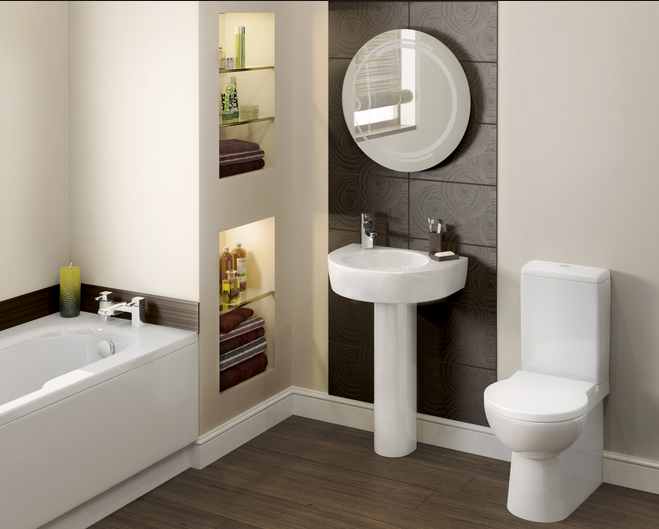
You’re probably familiar with that notorious sound that emanates from a constantly running toilet.
While certainly annoying, a toilet that runs continuously can also be costly in many ways.
From a huge water bill to potential flooding or a damaged septic system, running toilets are often more than just a nuisance.
It’s important to know what causes a running toilet, and what you can do to fix it before it becomes a much more serious problem.
Read on to find out the basics of toilets that run too frequently, and why this is one repair you definitely don’t want to put off.
What Causes a Running Toilet?
A constantly running toilet is generally an indication that one or more internal components of the toilet tank has malfunctioned.
Luckily, these issues can be easy to diagnose, and fixing a toilet that runs is something you can often do yourself. Remove the lid from the tank and inspect the following:
Fill Valve or Ballcock:
Your tank will include either a cylindrical fill valve or a round ballcock that is designed to shut off water flow once the tank has filled up.
If water is continuously escaping down the overflow tube, you may need to adjust the fill valve or ballcock to reduce the amount of water it allows into the tank.
Flapper:
This part creates a seal around the flush valve, through which water flows into the toilet bowl.
Ensure that the flapper is not worn, chipped or hardened.
Make sure the chain coming off the flapper has not gotten caught or tangled, and that it has adequate slack to allow the flapper to close automatically after the handle is released.
Flush Valve:
Like the flapper, this part can become rough or eroded over time, allowing water to slowly drain into the bowl and causing the tank to periodically refill.
Flush Lever:
This includes the toilet handle and the arm inside the tank.
Make sure they are tightly secured and in good condition.
The Major Risks of Minor Leaks
Whatever the cause, it’s a good idea to fix a running toilet as soon as you’re aware of the problem.
For starters, a constantly running toilet can waste a substantial amount of water, setting you up for a nasty surprise when the next water bill arrives.
Beyond that, a toilet that runs all the time is at greater risk of overflowing and causing substantial flooding damage, with overflow being among the leading causes of toilet failures, according to the Insurance Institute for Business and Home Safety.
For those on septic systems, a running toilet introduces additional risks.
Constant water flow can flood your septic tank and can eventually cause the drain field to saturate and fail.
This can lead to health hazards as well as costly mitigation and repair efforts that, as with a flooded home, far exceed what it would have cost to repair a leaking toilet in the first place.
If you have a toilet that won’t stop running, don’t wait for the problem to get out of hand.
Understanding the basics of toilet operation and what you can do to fix yours can mean the difference between an easy repair and expensive damage.
